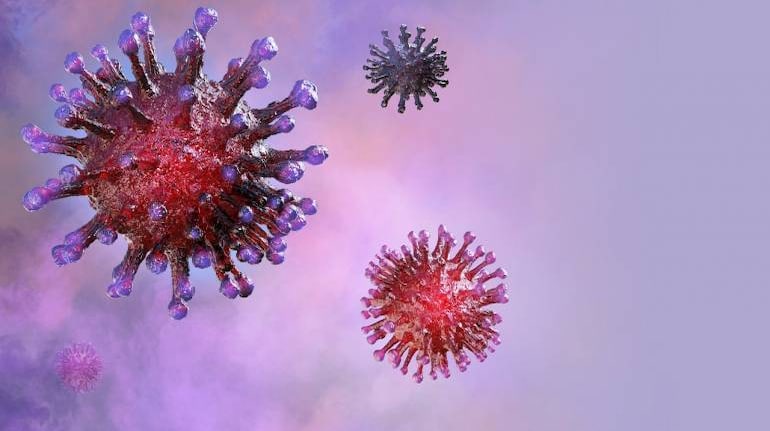



With global COVID cases declining and pandemic fatigue on the rise, many countries are easing restrictions put in place to block the spread of the virus.
But it's far too soon to declare victory, say experts, who warn that unequal vaccine access could still lead to the emergence of new and more deadly variants of the virus.
Positive signs
On September 14 the World Health Organization (WHO) announced "the first substantial decline in weekly [COVID] cases in more than two months" after new infections during the week of September 6 totalled four million.
That number fell again the following week to 3.6 million as did the number of deaths, to "just under 60,000", the WHO said in its most recent update this week.
In Europe -- where a large percentage of adults are now vaccinated -- the pandemic seems to be waning after spikes of infections caused by the Delta variant.
"I believe that most of the world (including most of Europe and the Americas) is entering the final phase of the pandemic," Francois Balloux of the University College of London tweeted last week.
"There will be outbreaks over the coming months/years but I don't anticipate COVID-19 waves comparable to those we've experienced over the last 18 months."
Epidemiologist Mircea Sofonea, a specialist on the evolution of infectious diseases at the University of Montpellier, said COVID is spreading differently now, especially in Europe.
"We are seeing the transition from a wave pattern to more scattered spikes that aren't as high," he told AFP.
This improvement has emboldened several European countries to end some or even all pandemic-related restrictions, as Denmark did on September 10.
"We will know in two or three weeks whether the results of Denmark's experiment are positive or not," epidemiologist Antoine Flahault told AFP.
He said that what happens in Denmark will determine "whether we can encourage other European countries to lift the widespread use of health passes and even mask-wearing without risking a new spike in the pandemic."
"The measures could always be reinstated if infections go up again," he added.
Reasons to be cautious
So is the pandemic in its final phase?
"I think it is too early to say just yet for everyone, though in the highly vaccinated parts of the world, this will be more true," virologist Julien Tang told AFP by email.
For now, he said, statements about how the pandemic is progressing "have to be very country- or region-specific".
"There are now clear inequalities in terms of vaccination coverage across the world," Tang said.
Less than two percent of the world's poorest populations have received even a first dose of vaccine, noted Flahault, director of the University of Geneva's Institute of Global Health.
"In certain places -- eastern and central Europe, Africa, Asia, Israel, Canada, El Salvador, Belize -- cases are increasing exponentially, so we can't say the pandemic is behind us," he said.
Even in rich, well-vaccinated countries showing a downward trend, things could reverse, experts caution.
As the northern hemisphere approaches winter, people will once again gravitate toward large, indoor gatherings that boost circulation of the virus.
"We have to be careful of the situation in Europe and North America as we enter the middle of autumn," says Sofonea.
"What we know about this pandemic is that it is unpredictable," added Flahault.
"No one foresaw the appearance of the Delta variant in India last spring, even though we feared that kind of thing might happen."
Reasons to worry
The highly contagious Delta variant is now dominant across the world.
Although vaccines are less effective at impeding its spread, they still work very well in preventing hospitalisation and death.
But that could change.
"If a mutation of the Delta variant made it more resistant to existing vaccines, it could reverse the improvement we are currently seeing," Flahault said.
Since a huge proportion of the population of poor countries is not vaccinated, it is likely that major spikes in infections could cause new variants to emerge, he added.
"As long as the virus is circulating at a high rate somewhere in the world, we won't be safe from new waves," Flahault said.
"Right now for world safety we must vaccinate as many people on Earth as possible."
Follow our full coverage of the coronavirus pandemic here.
Discover the latest Business News, Sensex, and Nifty updates. Obtain Personal Finance insights, tax queries, and expert opinions on Moneycontrol or download the Moneycontrol App to stay updated!
Find the best of Al News in one place, specially curated for you every weekend.
Stay on top of the latest tech trends and biggest startup news.